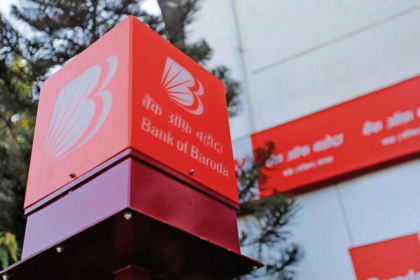Bharat Sanchar Nigam Limited (BSNL) has made a strong comeback, reporting a net profit of ₹262 crore in the third quarter of FY25. This marks the first time since 2007 that the state-owned telecom company has returned to profitability. The turnaround has been driven by a rapid expansion of its 4G and fiber optic network, along with a sharp focus on cost control.
BSNL’s Chairman and Managing Director, A. Robert J. Ravi, highlighted that the company has not only cut down on finance costs but also reduced overall expenses. Compared to last year, BSNL’s losses have come down by over ₹1,800 crore. The company is optimistic about the future and expects revenue growth to cross 20% by the end of the financial year.
A major factor behind this growth has been the rise in earnings from its core services. Revenue from BSNL’s mobility services grew by 15%, while its Fibre-to-the-home (FTTH) segment saw an 18% jump. Additionally, leased line services recorded a 14% year-on-year growth.
To improve customer experience, BSNL has introduced new initiatives like National WiFi Roaming, BiTV for mobile users, and IFTV for fiber broadband customers. Ravi emphasized that the company’s focus on service quality and reliability has helped regain customer trust and strengthen its position in the telecom sector.
Government support has played a crucial role in BSNL’s revival. Over the years, the company has received multiple financial aid packages. In 2023, the Cabinet approved a revival package worth ₹89,000 crore. This followed a ₹1.64 lakh crore package in 2021 and another ₹69,000 crore package in 2019. Together, these measures amount to more than ₹3.22 lakh crore in government support.
As of November 30, 2024, BSNL has a market share of 8.03% and serves over 92 million subscribers across India.







